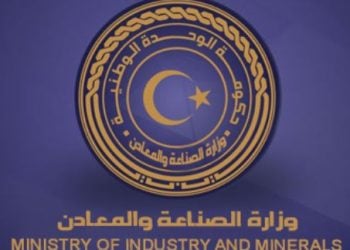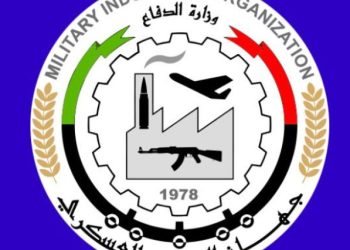By Farah Waleed and Hadi Fornaji.
Tripoli, 8 April 2013:
Sudan’s State Minister of Oil Faisal Hamad Abdala flew in to Tripoli on . . .[restrict]Sunday for talks on joint oil and mineral exploration and development with Libya. The visit follows agreement signed on 14 March between Libya, Sudan and Egypt to explore for minerals in Jebel Uweinat, the mountain area that straddles the three countries’ borders.
The three countries haveagreed to set up a joint committee to oversee the plans. They also agreed to set up fund to finance the joint mining projects.
Abdala also met with Congress President Mohamed Magarief to whom he handed a letter from Sudanese President Omar Al-Bashir.
Sudan is keen to develop oil links with Libya. When South Sudan split, it took near three-quarters of the former united country’s known oil reserves with it and much of the income, For the moment, however, South Sudan remains dependent on the 1,400 kilometre-long pipeline north to Port Sudan for exports. After a bitter dispute between the two which nearly ended in war following South Sudan’s decision to halt production in January, oil started flowing again on Saturday. Nonetheless, Khartoum knows that in the long run it cannot rely on South Sudan’s cooperation and that a new pipeline will be built from the southern fields to Kenya.
Sudan is also looking at other ways of enhancing relations with Libya. A week ago, on 2 April, the two countries signed a security and police training agreement.? It was signed in Khartoum by the Undersecretary for security affairs at the Libyan Interior Ministry, Omar Khadrawi, and the Director General of the Sudan Police Force, General Hashim Osman Al Hussein,
Khadrawi was reported by the Sudanese news agency SUNA as saying during the signing that Libya would not allow its territory to be used anyone to threaten Sudan’s security. This was seen as a reference to the rebels in Darfur, notably the JEM movement which was supported by the Qaddafi regime to destabilise Sudan. [/restrict]







